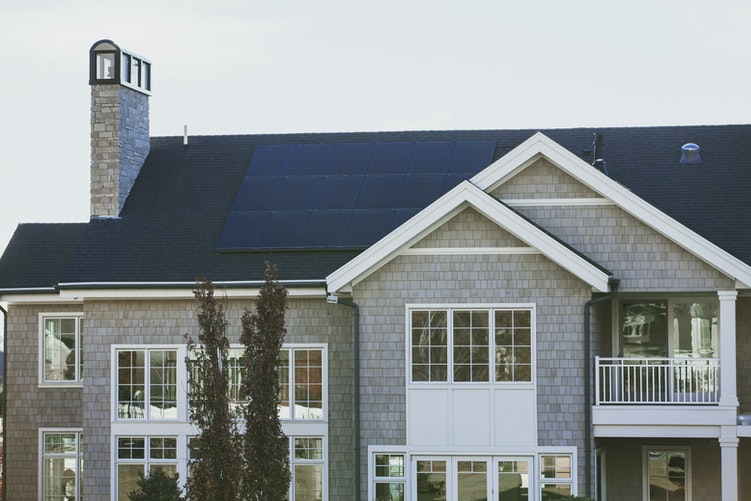Energy-consciousness is much more common now than it was 20 years ago, but people who want to save energy are often stopped from doing so because of finances. Home adaptations like solar-integration can cost a lot of money, but there are many other energy saving tips that can save you money in the long run, without costing a small fortune.
Weatherization
Weather can be a pesky beast and houses that aren’t built to withstand it are throwing money literally out of the window. When you weatherize your home, you save money by saving energy, but you also get boosts to the liveability of your space.
You should seal air leaks, which can be a huge source of energy loss. It can be quick and cheap to caulk and seal the cracks and openings that your home will have naturally developed over the years. Doing this alone can save up to 20% of your heating bills. If you don’t know where to look – first examine walls, ceilings, windows, doors and in-built switches, outlets and features. You can also identify leaks on a windy day by using a lit incense stick and walking around the home, looking for smoke movement.
Efficient Temperature Control
The largest users of energy in any home are likely to be heating and cooling systems, which can account for about 40% of energy use on average. One of the best ways of saving money and increasing comfort is to install energy-efficient systems. In Australia, a country where most of the population rely on air-con every day, inefficient and costly AC systems are the main reason why people want to install a new one, according to these air conditioning installation experts in Adelaide.
Besides installing a new HVAC system, being smart with your thermostats can help you to save money – as much as 10% a year when you turn your thermostat down about 7 degrees for just 8 hours a day in winter. Smart thermostats can also help, as they learn appropriate temperatures and establish an energy-saving schedule that also works with your comfortability.
It’s also a good idea to turn the ceiling fan on in summer, as these fans produce a direct wind chill effect, allowing you to turn up the temperature a few degrees and saving you money. Make sure the fan acts in a counter clockwise directions to get that wind chill effect. You can even use your fan in the winter if it goes in a clockwise direction, as this will redistribute warm air.
Insulation
Simply ensuring that your home is insulated can pay dividends. Remember to look at your insulation’s R-value – it’s resistance to heat flow. A larger R-value means a more effective insulation system. You can install foam insulation yourself, but make sure you take the right safety precautions. Another viable option is insulation for metal buildings, which will also help you save a lot of energy, and you might be able to do it by yourself.
Besides actual foam insulation, it’s a good idea to air-seal and insulate important areas in your heating or cooling systems. For example, it’s a good idea to seal the joints in your air vents to prevent air from escaping and costing you money.
